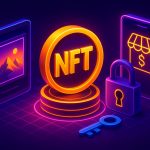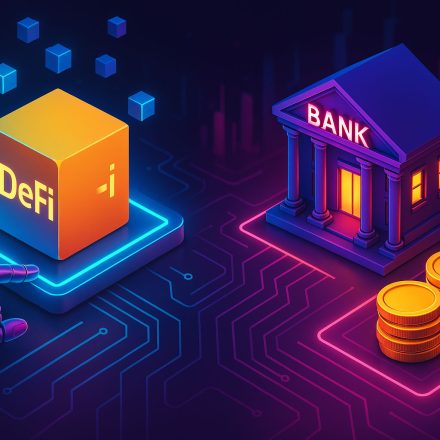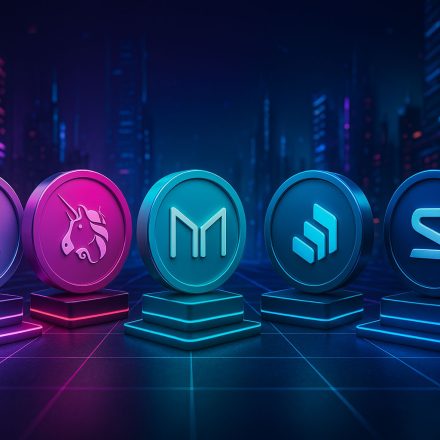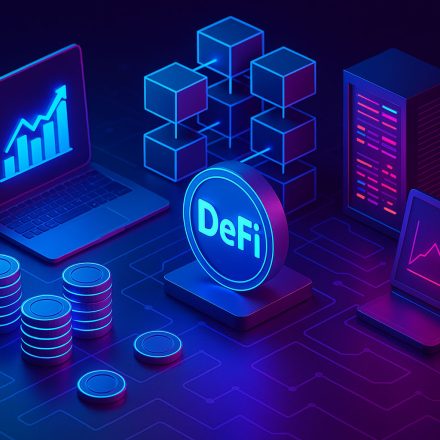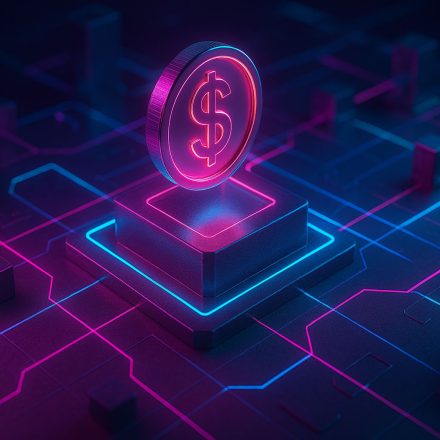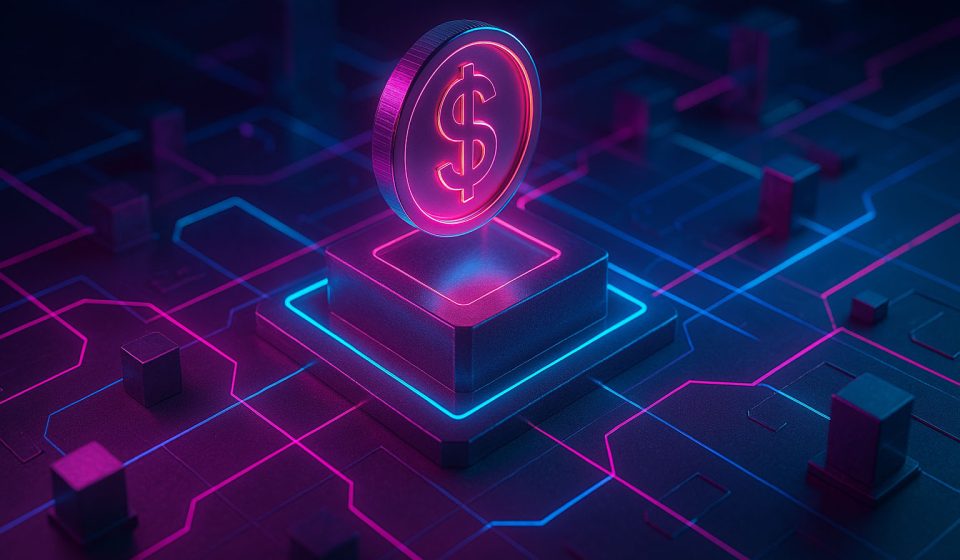
💸 What Is DeFi? Understanding Decentralized Finance for Beginners
What is DeFi and why is it revolutionizing the world of finance? If you’ve heard of earning interest by staking crypto, borrowing without banks, or trading on DEXs, then you’ve already come across the decentralized finance movement — also known as DeFi.
Table Of Content
This beginner-friendly guide breaks down what DeFi is, how it works, and why it’s changing how we interact with money. Whether you’re a crypto newbie or exploring ways to grow your digital assets, understanding DeFi is a must.
At BlockchainInsights.org, we simplify the blockchain world — one concept at a time.
💡 What Is DeFi?
DeFi stands for Decentralized Finance — a new financial system built on blockchain networks that allows users to access financial services without banks or middlemen.
Instead of relying on traditional institutions, DeFi platforms run on smart contracts, which are self-executing programs stored on blockchains like Ethereum, Solana, or Polygon. These platforms allow people to:
- Borrow and lend assets
- Earn interest on crypto
- Swap tokens
- Trade on decentralized exchanges (DEXs)
- Participate in liquidity pools
- Insure assets — all without a bank account
Simply put, DeFi replaces banks and brokers with code and algorithms — open to anyone with a crypto wallet and internet connection.
🛠️ How Does DeFi Work?
DeFi applications (called dApps) are powered by smart contracts that automatically handle transactions based on rules encoded in code.
Here’s a simplified example:
When you lend your cryptocurrency on a DeFi platform like Aave or Compound, a smart contract locks your funds and gives you interest-bearing tokens. These tokens represent your share and can be redeemed later for your original funds plus interest.
Because everything is done by code, there’s no need for approval, paperwork, or waiting periods.
Popular blockchains that host DeFi platforms include:
- Ethereum (ETH)
- Binance Smart Chain (BNB)
- Polygon (MATIC)
- Avalanche (AVAX)
- Solana (SOL)
🌐 What Can You Do with DeFi?
Here are the most common use cases that answer the question, what is DeFi used for?
1. Lending and Borrowing
Lend your crypto to earn interest, or borrow by using your own crypto as collateral. Examples:
- Aave (https://aave.com)
- Compound (https://compound.finance)
2. Yield Farming
Move your assets between DeFi protocols to get the best returns. Often involves complex strategies and high risk.
3. Staking
Lock your crypto in a protocol to support network operations and earn rewards.
4. Decentralized Exchanges (DEXs)
Trade tokens peer-to-peer without intermediaries. Examples:
- Uniswap (https://uniswap.org)
- SushiSwap (https://sushi.com)
- PancakeSwap (https://pancakeswap.finance)
5. Stablecoins
Use tokens like USDC, DAI, or USDT — cryptocurrencies pegged to fiat — to avoid volatility while staying in the crypto ecosystem.
🔐 Benefits of DeFi
Why are millions of users shifting to DeFi?
- Accessibility: No need for credit scores or paperwork. Anyone can use DeFi from anywhere.
- Transparency: All transactions are on-chain and viewable.
- Control: You hold your own keys — no bank can freeze your account.
- Innovation: New products and opportunities emerge daily.
⚠️ Risks and Challenges
DeFi has huge potential but also carries significant risks:
- Smart contract bugs or hacks
- Market volatility and liquidations
- Rug pulls or scams
- High gas fees (especially on Ethereum)
It’s essential to do your own research, start small, and use trusted protocols.
🔗 Learn More About Blockchain Technology
If you want to learn more about the technology powering DeFi, check out our related article:
“Blockchain Features Explained: Why They Matter”
https://blockchaininsights.org/blockchain-features
📝 Final Thoughts
So, what is DeFi? It’s a new way of handling money — one that’s open, programmable, and global. Whether you want to earn passive income, escape traditional banking, or build financial apps, DeFi opens the door to a financial system without borders.
At BlockchainInsights.org, we’ll continue to explore DeFi concepts, protocols, and opportunities in simple, reliable ways so you can take control of your financial future.




